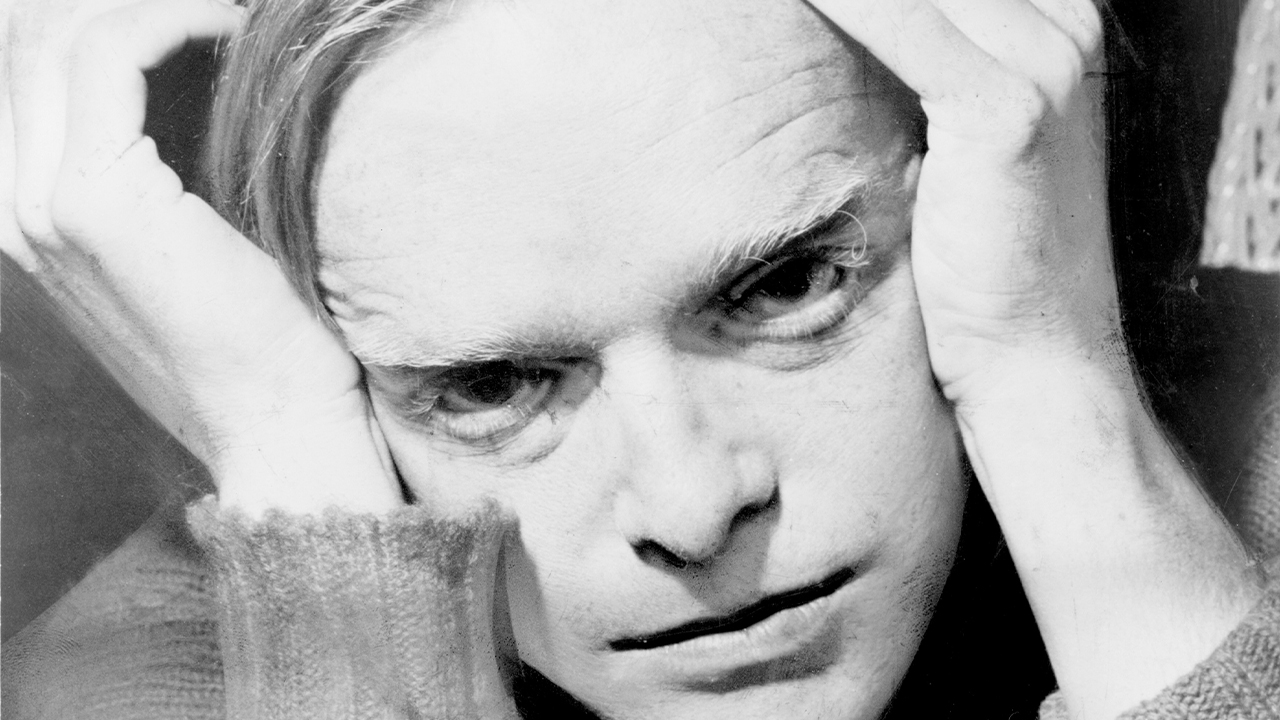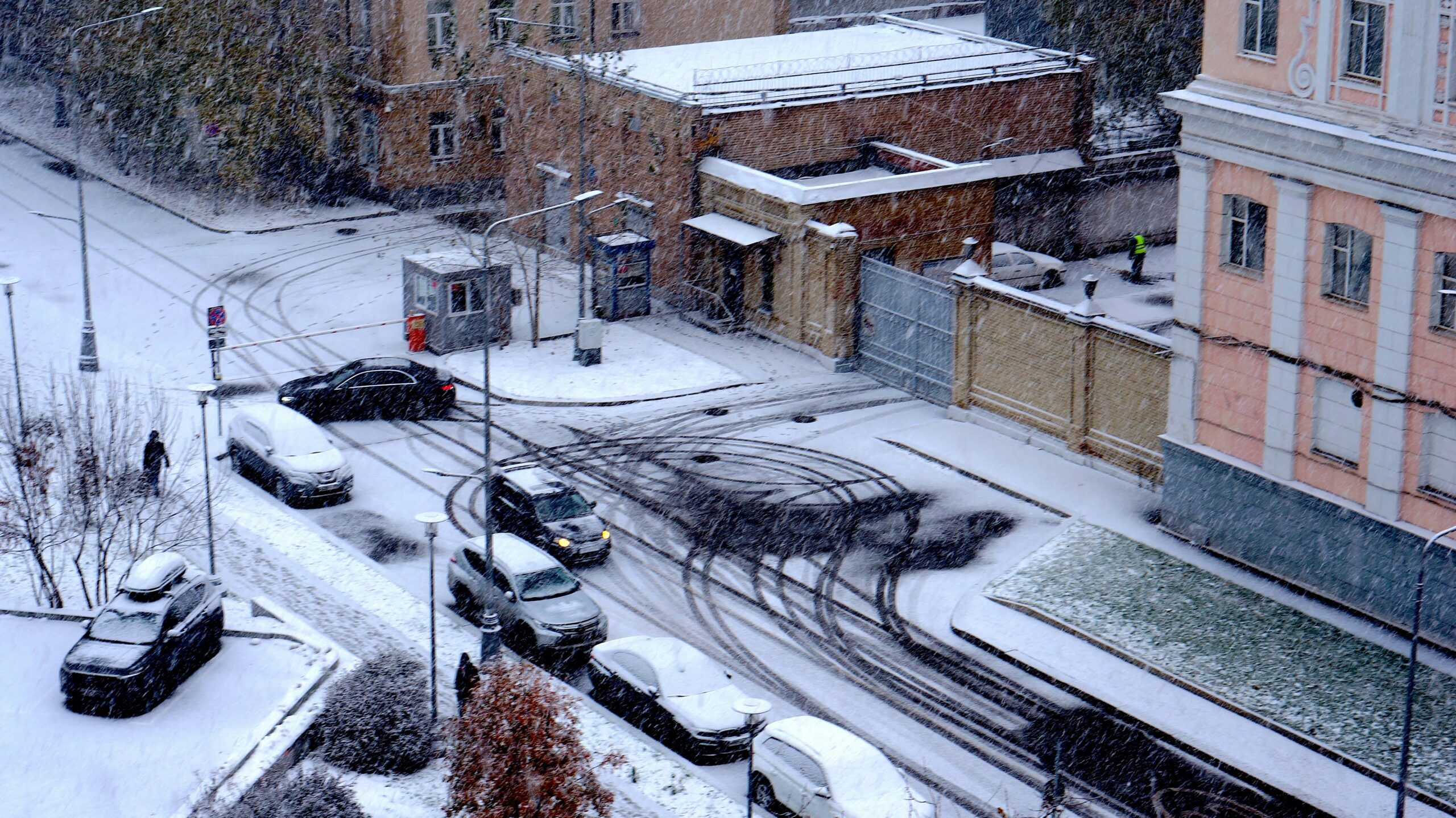Did Shakespeare Have Insomnia?
April 26, 2022

Guilty insomnia drives Macbeth near mad. Tossing and turning, his brain afire with guilt and torment, he craves “sleep, that knits up the ravell’d sleeve of care.” The irony is rich, as he killed King Duncan while he slept. “Macbeth does murder sleep,” a voice reminds him in the night. He has ruptured a man’s peaceful refuge, and now sleep feels as dangerous as death.
Sleep is a little death, an end to the flashing, buzzing dopamine hits of consciousness. Was Shakespeare, whose brain hummed with allusions and insight, scared to silence his genius and toddle off to sleep? After all, what if the muse never returned? But maybe he craved the oblivion. If scholar Ronald Hall counted right, Shakespeare’s works contain roughly one thousand references to sleep. This preoccupation was unusual, at least among the dramatists of his day. So I set myself to skimming.
The man definitely nurses suspicions of the insomniac: he has Caesar recoil from restless Cassius, favoring fat, “sleek-headed men, and such as sleep a-nights.” On the other hand, he sees sleep as a risky vulnerability: in both Hamlet and Macbeth, sleeping kings die violent deaths. Scholar Benjamin Parris describes “sovereign sleep,” noting that the king was believed to have two bodies, a mystical superbody and a natural, flesh-and-blood body. In sleep, the king is in this natural body, deprived of his powers, merely mortal. No wonder Shakespeare uses sleep to show an inversion of power. Cordelia watches her power-mad father sleep like a child; Prince Hal, eager for the crown, stands before his father’s bed and murmurs, “This sleep is sound indeed”—adding that such a sleep has separated many kings from their crown. Elsewhere King Henry muses, “How many thousands of my poorest subjects/Are at this hour asleep! O sleep! O gentle sleep!/Nature’s soft nurse, how have I frightened thee….”
Then there are the women Martin Mueller refers to as Shakespeare’s sleeping beauties. In The Winter’s Tale, Hermione appears to be dead, then returns to life. Hero in Much Ado About Nothing has a false death, too. “The lady stirs,” the friar says of Juliet. “I think she stirs again,” Othello says of Desdemona—and then he makes her sleep permanent.
Clearly, sleep intrigued Shakespeare. It was necessary to life, yet resembled death. It meant vulnerability, yet could bring prophecies, as did the dreams of Caesar’s wife. Often, Shakespeare used sleep as a foil for conscience. The night before the big battle, Richard III’s sleep is tormented, while Richmond’s is serene. “Had he not resembled/My father as he slept I had done’t,” Lady Macbeth tells her husband.
In “Sleeping Through Shakespeare,” Hall describes sleep as “a state of infinite possibility…offering gateways both to damnation and to grace.” He lists examples, noting that “all kinds of strange things happen to people in Shakespeare while they are asleep: they have love-juice poured into their eyes or poison poured into their ears; they have their clothes taken off and fresh clothes put upon them; they have music played to them, dirges sung over them and funerals held for them.”
Sleep can be a useful escape. In The Winter’s Tale, “sleepy drinks” render people “unintelligent of their insufficience.” A blissful ignorance I would drink any number of sleepy drinks to achieve. With a little magic, Shakespeare’s sleepers emerge transformed or resurrected. Barnardine, a condemned prisoner in Measure for Measure, keeps escaping death by being drunkenly comatose; he is eventually pardoned. In Midsummer Night’s Dream, Theseus finds the two rivals and their ladies peacefully asleep. Their rivalry is solved for them while they dream, so there is none of the fighting required in Chaucer’s previous version. At the end of The Tempest, Prospero tells the audience, “We are such stuff/As dreams are made on; and our little life/Is rounded with a sleep.” He is reminding them that the “insubstantial pageant” they have just witnessed was a temporary enchantment that will vanish into thin air, and that they are quite solid—and therefore mortal.
Hamlet offers no enchantment, only angst. As many times as I have heard or muttered “to be, or not to be,” I had no idea what that soliloquy referred to. It connects neatly with “soul-sleeping,” a belief, current at the time though already criticized by theologians, that when death separates the soul from the body, the soul enters an unconscious state. In that “sleep,” the soul will remain until it is awakened and joined with the resurrected body. And so we have, in the Q1 text, “that dream of death” till “awaked/and borne before an everlasting judge.” (Why would we endure life’s slights and injustices, “but for a hope of something after death”?) In Q2, Hamlet yearns “to die—to sleep—/No more; and by a sleep to say we end/the heartache and the thousand natural shocks/that flesh is heir to.” Yet he hesitates, nervous about what that soul-sleep might entail, “For in that sleep of death what dreams may come,/When we have shuffled off this mortal coil,/Must give us pause.”
Dreams play powerful roles in Shakespeare’s plays; they show us that we know at once much more, and far less, than we realize. He bids his characters dream at strategic times, when consumed with lust or anguish or remorse—a handy device, because they can no more control those feelings than a dreamer can control his unspooling mental imagery.
Duncan in his grave “sleeps well,” yet not as well as Falstaff, who sinks often into a sleep weighted by flesh’s heavy pleasure. Caliban sleeps, too, his dreams intense. So for Shakespeare, it is the primal beast in us that sleeps easiest. A woman’s sleep is deceptive; a king’s is dangerous.
And a playwright’s is perhaps too rare.
Read more by Jeannette Cooperman here.






